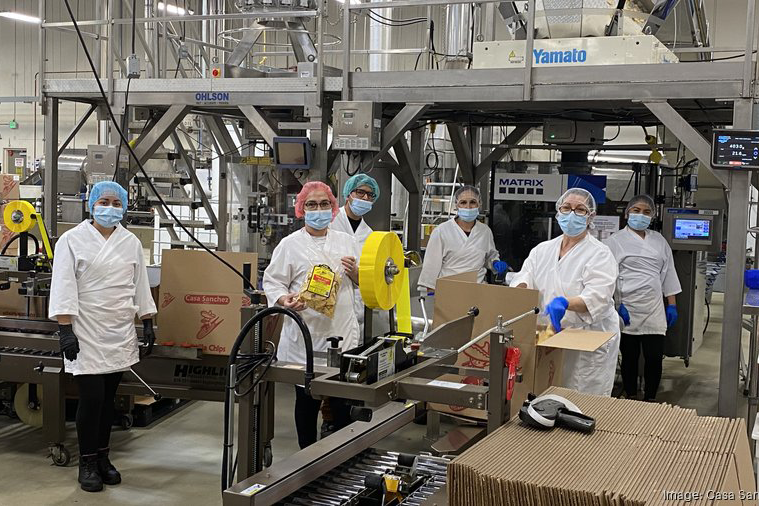Quality Assurance (QA) in manufacturing is one of the most important roles at a manufacturer, often staffed by workers who begin in production and quickly grow into this critical position. While not widely publicized, this role is essential for ensuring manufactured products consistently meet quality standards and customer expectations. With low barriers to entry, it offers a path to family-sustaining wages and long-term career growth—often surpassing the advancement opportunities found in similar wage roles across retail or service industries.
Specifically, QA in manufacturing is the process of making sure that products are made correctly and meet set standards. It helps catch problems early, ensures products are safe and reliable, and keeps customers satisfied. QA involves regular checks, testing, and improving how things are done to maintain high quality throughout production. People who have a natural aptitude for attention to detail, problem-solving, critical thinking, consistency, patience, and the ability to follow detailed procedures tend to thrive in QA roles.
Rosemarie Ramos, Production Manager at Casa Sanchez Foods in Hayward, says, “Transitioning from a production role to Quality Assurance can be a rewarding career move.” She started as a QA intern at a bottling company and has worked in QA for over 20 years. She has QA people on her team with diverse experience including coffee, pharmaceuticals, meat processing, and nutrition science. Her QA team oversees regulatory compliance, raw materials supply chain management, pest control, plant sanitation, and more. Quality Assurance “provides an opportunity to make a significant impact on product quality, ensuring food safety, and uphold the highest standards.” Casa Sanchez owner Linda Renteria agrees, saying “Rosemarie and her team are heroes.”
Chase Fuller, QA Manager at Gold Bond Building Products in Richmond, feels like QA was made for him. “I’ve always been a math/science type of person– detail oriented- but I’m also an artist, played sports in school, and love sci-fi- not a typical one lane person, so the job really fit my personality.” He has worked in many areas of production, learned what was in the product, how these things affected different stages of the process, and how problems on the line could be corrected. Chase feels that moving from production to QA is a “natural progression,” and that “If more people went that route, they would have a better understanding of what’s behind the problems they’re trying to solve.”
Now that you know more about the importance of QA– how can you help to spread the word?
- Manufacturers: Highlight the path from production to QA in your organization and encourage your QA team to speak about their experiences with the production team about how they might begin a QA career path.
- Economic Development Professionals: Use QA as an example of why your community values manufacturing as a driver for job creation and economic mobility.
- Educators and Workforce Providers: Share the message to job seekers that if they start in manufacturing production, there are ways to move up and specialize other than becoming Managers.
If you’d like to learn more or find QA opportunities in your local area, email Claire Michaels, EASTBAYWorks Regional Manufacturing Careers Specialist.


